
“Butterflies are a key indicator species; when they are in trouble we know that the wider environment is in trouble too. Nature is sounding the alarm call. We must act now if we are to turn the tide on these rapid declines and protect species for future generations.”
A national “butterfly emergency” has been declared by Butterfly Conservation after the lowest Big Butterfly Count since records began.
An average of just seven butterflies per 15-minute count were recorded by participants in this summer’s butterfly count, the lowest in the survey’s 14-year history.
It was the worst year on record for once-ubiquitous species, including the common blue, small tortoiseshell, small white and green-veined white. Eight out of the 10 most-seen species have declined – in many cases dramatically – over the count’s history. Previous lowest-ever numbers of butterflies-per-count were logged in 2022, 2021 and 2020.
Butterfly Conservation is calling for the government to declare a “nature emergency” and ban insect-killing neonicotinoid pesticides, with no exceptions. Britain and the EU banned neonicotinoids in 2018 but the UK government has authorised an exemption for the pesticides to be used on sugar beet every year since 2021.
Guardian article by Patrick Barkham: Here
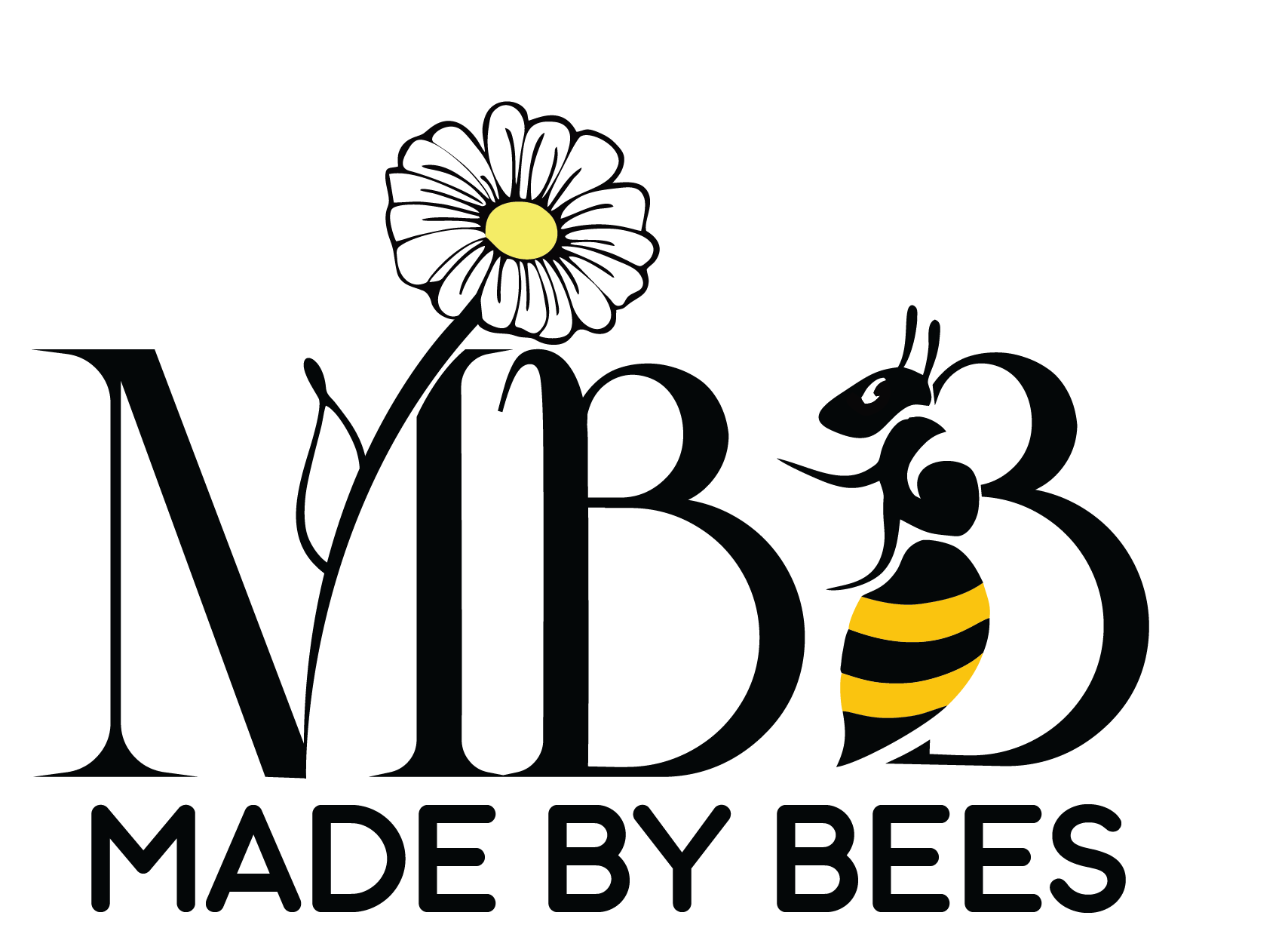

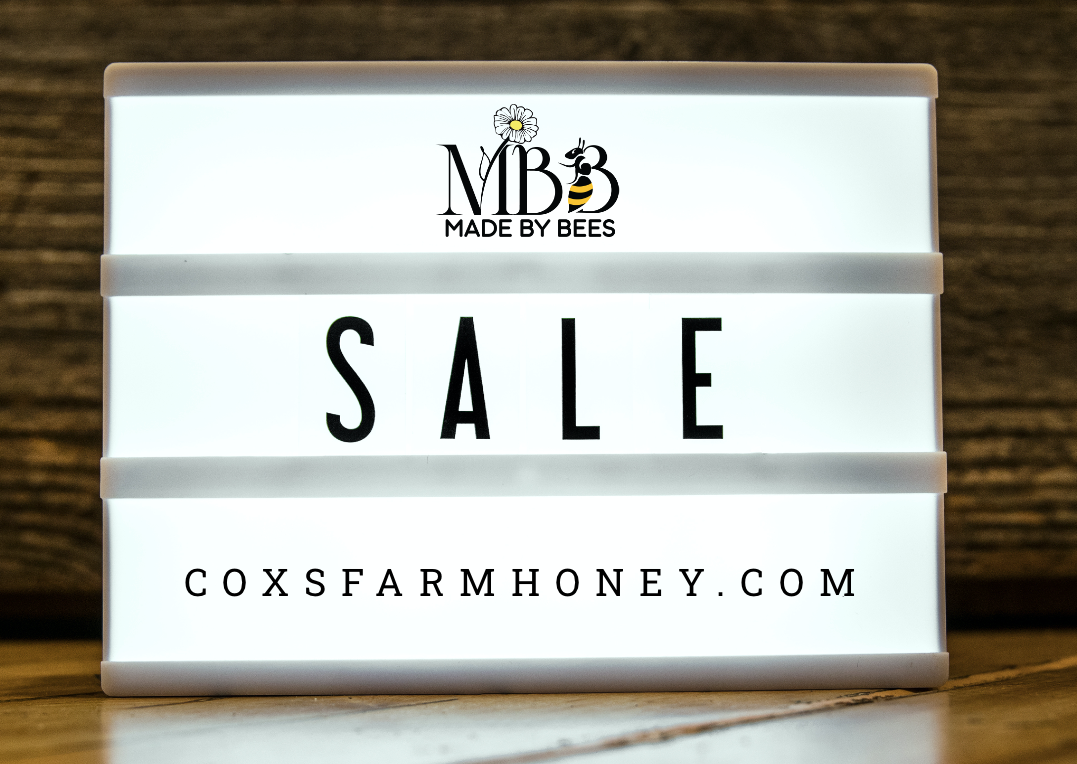
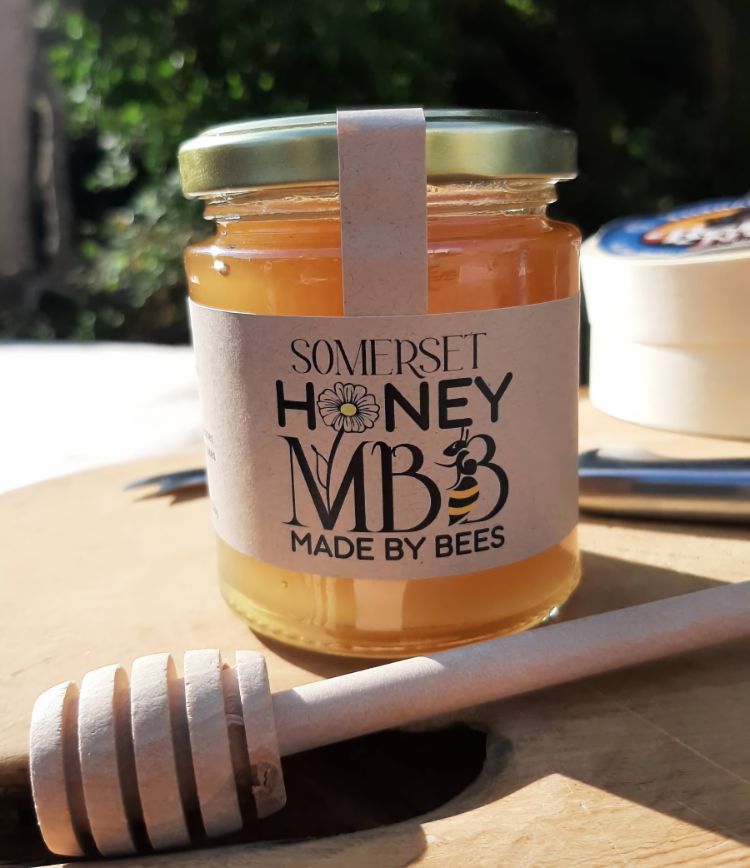
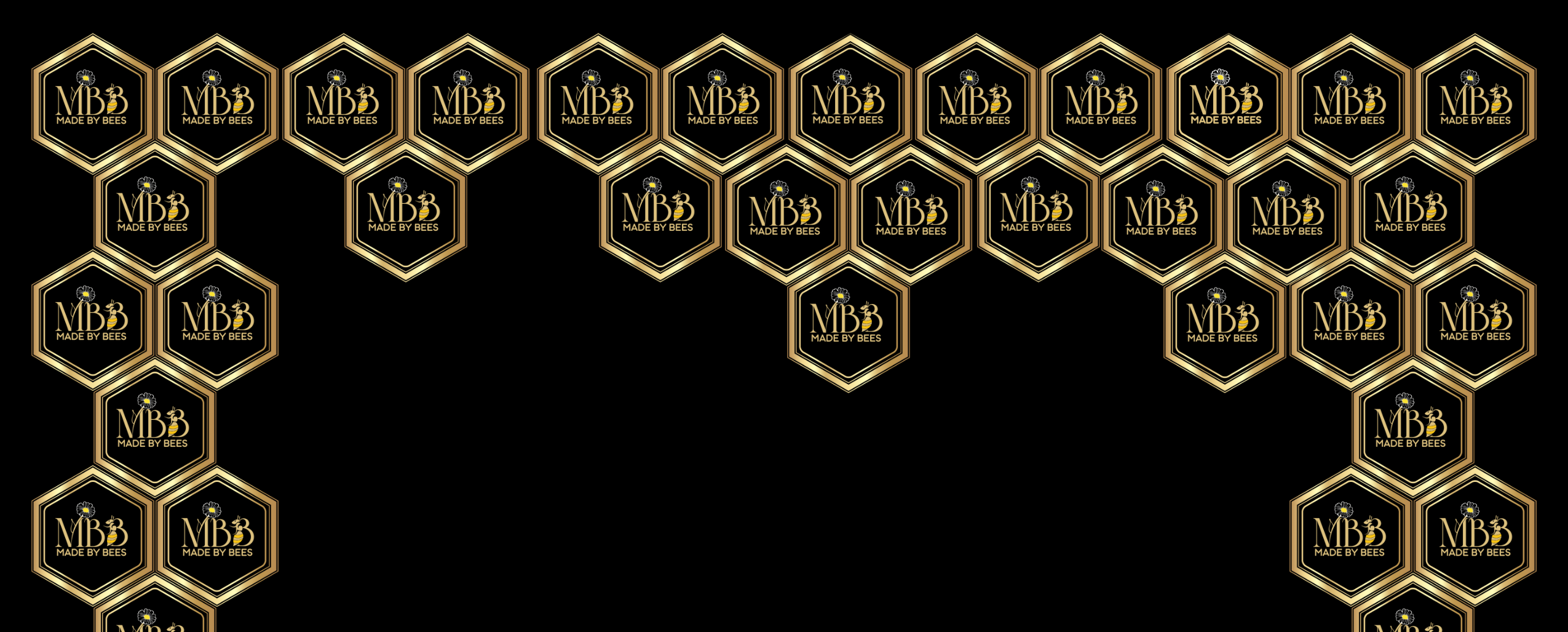
Share:
SOY CANDLES AND DEFORESTATION - WHY YOU SHOULD BURN SOY FREE!
Toxic pesticides in pet treatments